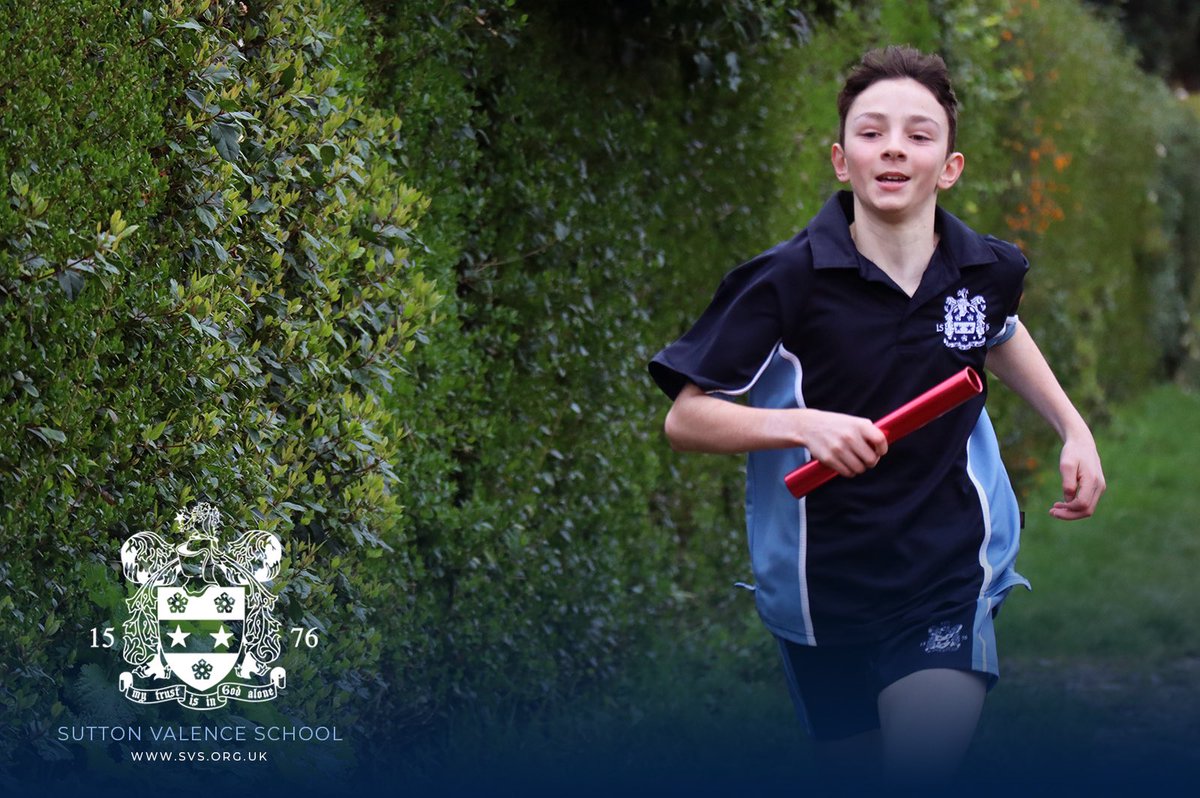Bill Gates said that “patience is a key element of success”. Pre-COVID-19, I know that many of us were concerned that patience was a dying ‘skill’ in a world of instant gratification. However, being patient has been something we have all had to focus on over the last 14 months as we have been desperately waiting for life to return to normal.
In the world of sport, athletes have had to dig deep and be extremely patient following the postponement of the Olympics and Paralympics. Our SVPS children have also had a long break from fixtures and it has been wonderful to see them back on the pitches playing Cricket with children from other schools, acquitting themselves so well at the same time. Mr Davey’s lively Games sessions via Zoom last term have clearly helped the children to maintain their levels of fitness. Children and coaches alike have thrown themselves back into their training and matches with renewed levels of energy and enthusiasm.
With restrictions continuing to ease, it looks as though we will not have to wait patiently for hugs, or meals out, or visiting friends and family in the comfort of their homes for very much longer. I do, however, hope that we will try not to go back to our old ways and we will continue to live ‘in the moment’ and remember that patience helps us to anticipate and enjoy even the smallest things in life. As I talk to the children about ‘bouncing back’, I remind them that being patient helps our levels of concentration and also enables us to be more productive. Whilst we can all demonstrate an incredible amount of patience when we are working on something we really care about, the true test is transferring this to something that is likely to make us feel frustrated. Having patience means being able to wait calmly in the face of frustration or adversity and this can make the difference between annoyance and equanimity, between worry and tranquillity.
Religions and philosophers have long praised the virtue of patience; now researchers are starting to do so as well. Recent studies have found that good things really do come to those who wait: Patient people enjoy better mental health. Patience over daily hassles such as traffic jams, long lines at the supermarket or a malfunctioning computer seems to go along with good mental health; Patient people are better friends, neighbours and colleagues; Patience helps us achieve our goals. After all, the road to achievement is a long one, and those without patience — who want to see results immediately — may not be willing to walk it; Patience is linked to good physical health. Indeed, those who exhibit impatience and irritability tend to have more health complaints and troubled sleep patterns.
We can try to shelter ourselves and our children from frustration and adversity, but they come with the territory of being human. Practising patience in everyday situations will not only make life more pleasant in the present but might also help pave the way for a more satisfying and successful future.
Miss Corkran, Head




